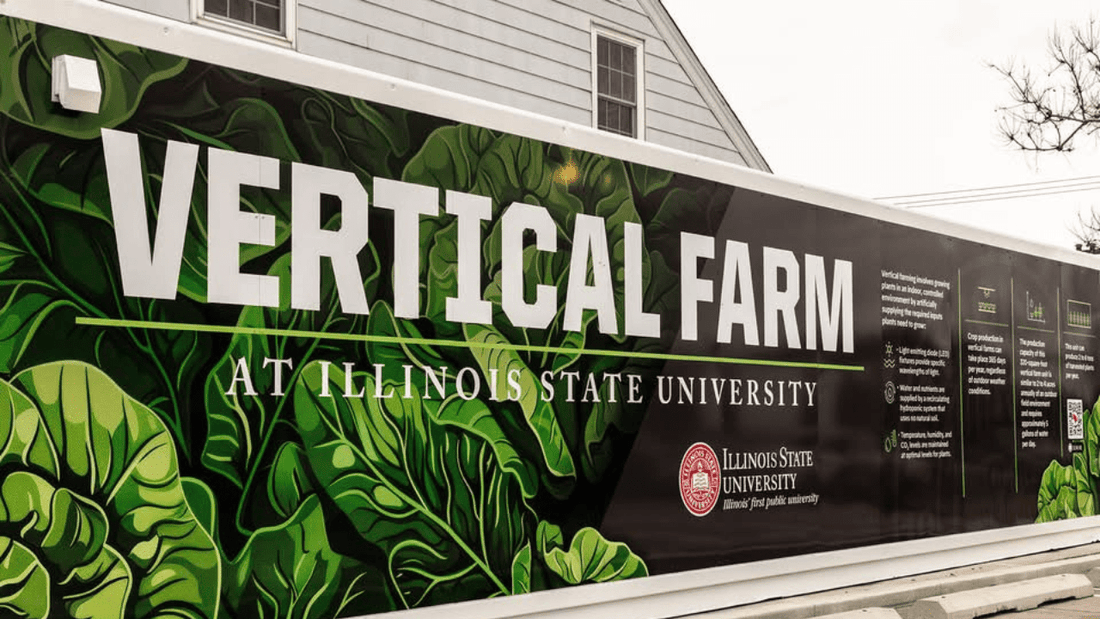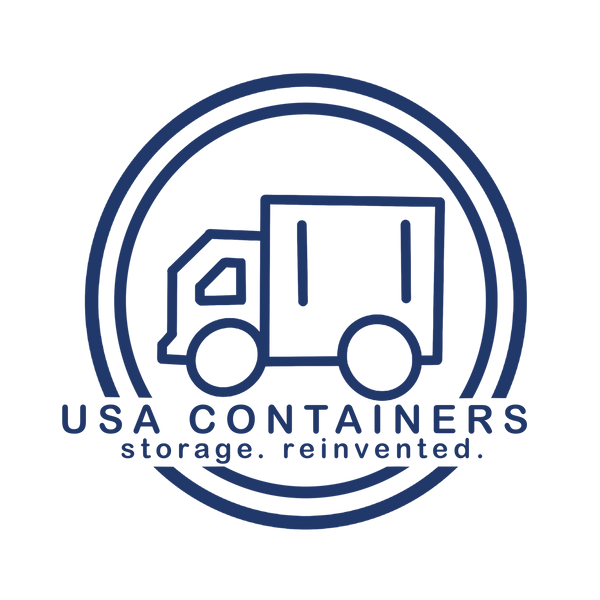
Vertical Farming: How Shipping Containers Are Shaping the Future of Agriculture
Share
Imagine walking into a shipping container and finding rows of plants growing under LED lights, roots soaking up mineral-rich water without a trace of soil in sight. This isn’t science fiction—it’s the reality of vertical farming in shipping containers. With farm land shrinking, climate challenges mounting, and urban populations growing quickly, these compact systems are changing how and where we grow our food.
Shipping Container Farming is the Future | UpFlip
What Exactly Is Vertical Farming?
Vertical farms are self-contained ecosystems built inside standard shipping containers. They’re outfitted with hydroponic or aeroponic systems, climate controls, water recycling loops, and tailored lighting. Designed to maximize yield in minimal space, vertical farms are a compelling option for cities, deserts, and even remote areas where traditional farming would be tough, if not impossible.
The crops most often grown in these shipping containers include leafy greens, herbs, microgreens, and strawberries. But with improvements in LED spectrum tuning and nutrient management, some growers are even experimenting with root vegetables and dwarf varieties of fruiting plants.
Why Use Shipping Containers for Vertical Farms?
Repurposing used containers has practical appeal. They’re durable, weatherproof, and designed for transport—making it possible to deploy a fully operational vertical farm almost anywhere in the country. A shipping container can be dropped in a school parking lot in Philadelphia, at a community garden in Chicago, or next to a farm-to-table restaurant in Texas.
And because the structure is standardized, companies can streamline installation, maintenance, and scaling. You can start with one unit and add more as demand increases, effectively building a modular farm without the overhead of traditional construction.
A Solution to Urban Food Deserts
One of the most promising uses for shipping container farms is addressing urban food insecurity. In cities where grocery stores are scarce and fresh produce is expensive or unavailable, these mobile farms offer a hyperlocal solution. Since crops can be grown year-round just steps away from where they're sold or distributed, supply chains shrink dramatically—cutting transportation costs and preserving freshness.
Organizations and schools are starting to take notice. Some nonprofits are placing shipping container farms in underserved neighborhoods not just to provide food, but to offer job training and education in sustainable agriculture and tech. The result? A new generation of urban farmers who are part grower, part technician.
Efficiency Without Compromise
Container farms boast impressive stats. With precise control over temperature, humidity, CO2 levels, and lighting schedules, crops can grow faster and use up to 90% less water than field farming. There’s no need for pesticides, herbicides, or genetically modified traits to withstand outdoor conditions.
These systems aren’t just efficient—they’re predictable. A grower in a shipping container farm knows exactly how many heads of lettuce they’ll harvest in 30 days, rain or shine. That’s a big win for restaurants, meal kit companies, and grocers looking to keep inventory tight and reduce waste.
The Role of Tech
Technology is the backbone of this farming model. Sensors monitor everything from pH to nutrient flow. AI algorithms adjust growing conditions in real-time to optimize yield. Some systems even have mobile apps that let growers check on their crops and tweak settings remotely.
Companies like ZipGrow and Agritecture are pushing the envelope with smart software that turns vertical farming into a data-driven business. Even blockchain is finding its way into the mix, offering end-to-end traceability from seed to shelf.
Not Without Challenges
While shipping container farms offer a lot of promise, they’re not a silver bullet. Energy consumption is one of the biggest hurdles. LED lights and climate control systems draw significant power, and in regions without access to affordable renewable energy, operational costs can add up quickly.
There’s also the question of scale. While a container farm can feed a small community or support a local restaurant supply chain, it’s not a replacement for broad-acre crops like wheat, corn, or rice. That said, its strength lies in complementing traditional agriculture—not replacing it.
Business Potential
The market for vertical farming is growing steadily. Startups and established companies alike are tapping into niche opportunities: supplying specialty herbs to Michelin-star chefs, producing greens for vertical integration into grocery chains, or offering turnkey systems to schools and military bases. In a June 2025 webinar about the state and future of shipping container farming hosted by Indoor Ag-Con, Glenn Behrman, president of CEA Advisors, suggested reaching out to “rural schools or county jails, retirement communities or caterers.”
Some entrepreneurs are exploring subscription models—selling harvests directly to consumers weekly, similar to CSA (Community Supported Agriculture) boxes. Others are leasing the farms themselves, allowing restaurants or hospitality brands to grow their own produce without needing agricultural expertise.
Sustainability in Every Sense
When run efficiently, vertical shipping container farms check a lot of boxes. They use less water, produce fewer emissions (especially if powered by solar), and virtually eliminate agricultural runoff. And because they’re closed systems, they sidestep many of the issues plaguing outdoor farming—pests, weather extremes, and land degradation.
They also bring food production closer to where it’s consumed, cutting down on the miles food has to travel. In a world increasingly concerned with carbon footprints and supply chain fragility, that’s a serious advantage.
While the industry is still evolving, one thing is clear: the future of farming won’t just be wide open fields. It will also be found in compact, climate-controlled containers.
Fill out the form below for a free shipping container quote from USA Containers:<
